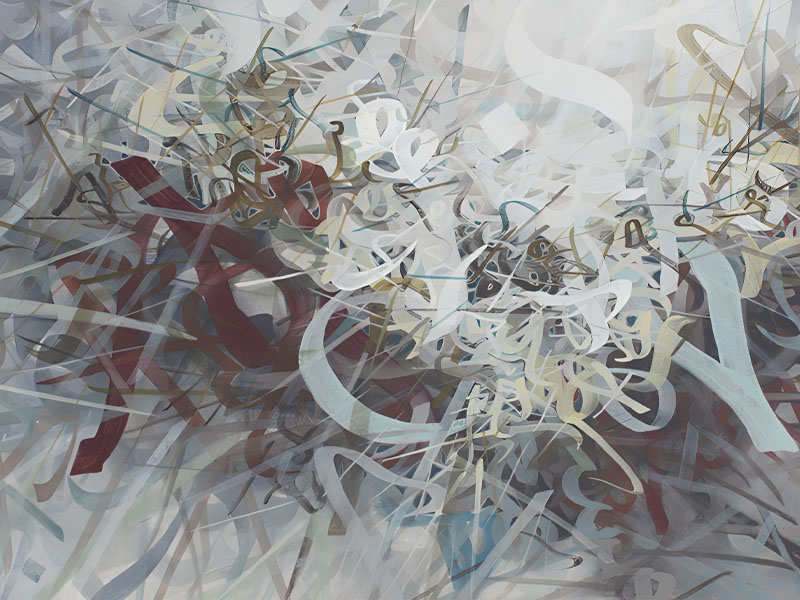Colloquialism and poetry in Lebanon
Issue 36

Atif Attiyah
Lebanon
Researchers disagree on the definitions for colloquial language and vernacular poetry; they call this genre of literature by different names. Some call it ‘zajal’, which includes various forms of poetry such as the colloquial. Others believe that vernacular poetry is in the Lebanese dialect. Some tend to define zajal as orally narrated poetry, and they describe poetry in the colloquial Lebanese dialect that follows the norms of classical poetry as ‘colloquial poetry’.
Regardless, zajal is a type of Arabic oral poetry accompanied by gestures, whether or not the poetry is written or recorded. This poetry features a distinct colloquial variety of language (dialect), which varies from one community to another. Its rhythm and metre depend on the number of lines in each stanza and the number of harmonious rhymes in each line. Zajal must follow a number of Arabic metre schemes such as Al Ssari’, Al Rajz and Al Kamil.
Zajal follows certain poetic and rhetoric standards that differ from those of classical poetry.
Although Zajal is distinct from classical and colloquial poetry, they share the same literary imagery because they all stem from the legacy of Arabic poetry. However, classical poets seem to be more eloquent.
On the other hand, there are those who claim that Zajal’s connection to their local dialect and surroundings offers richer imagery.
Zajal poets are valued highly in their own communities; some are even more valued than renowned classical poets.
In all its forms, Zajal differs, in one way or another, from colloquial poetry. Colloquial poetry is more akin to classical poetry in terms of its structure, rhyme, concepts and poetic imagery.


































































